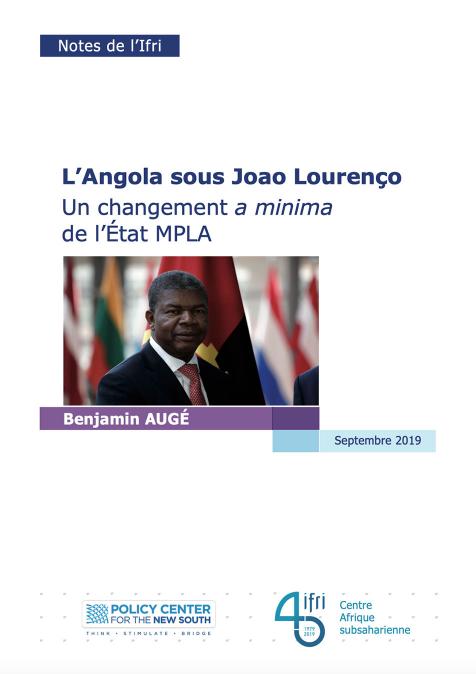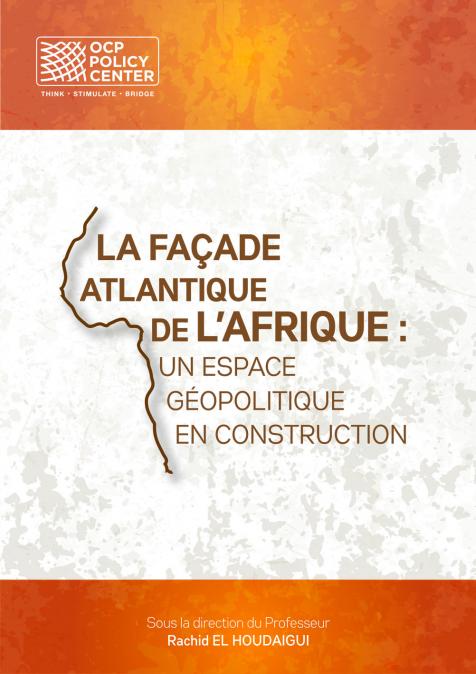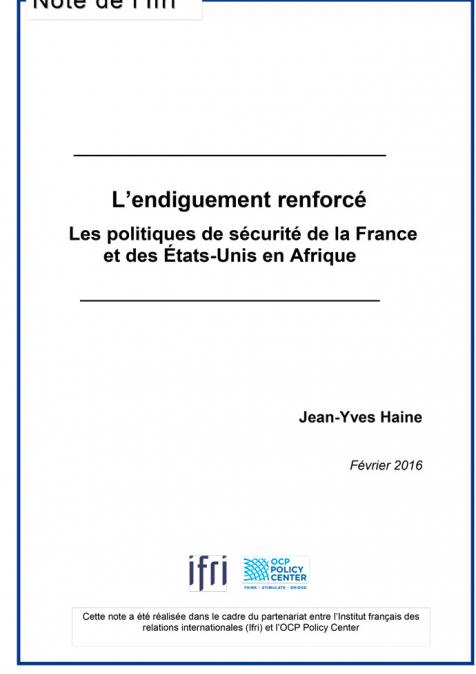Publications /
Policy Paper
En 2017, l’arrivée au pouvoir de João Lourenço a mis un terme à près de quatre décennies de règne de l’ancien chef de l’État, José Eduardo Dos Santos. Le premier objectif de João Lourenço a été de renforcer son autorité en nommant à de hautes fonctions des personnalités qui lui sont proches et des cadres de l’ancien pouvoir qui lui avaient fait allégeance. La rapidité de la prise de contrôle par le nouveau «camarade numéro un» de tous les centres de décision–armée, renseignement, sociétés d’État, secteur pétrolier et surtout le parti-État MPLA(Mouvement populaire de libération de l’Angola) – a surpris les caciques de l’ère Dos Santos dont certains ont été brusquement écartés, voire condamnés à des peines de prison. Désormais ancré aux commandes de l’Angola, João Lourenço est cependant confronté à une profonde crise économique, la plus inquiétante pour le pays depuis la fin de la guerre civile en 2002.






